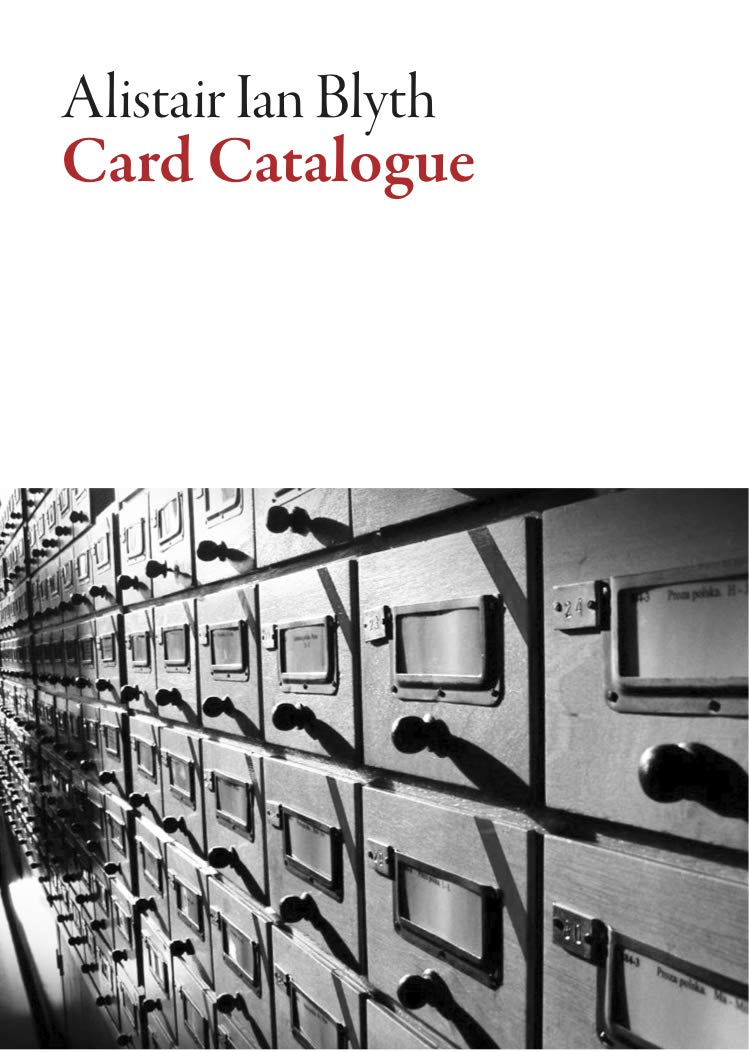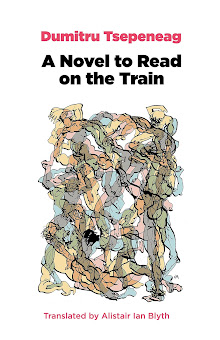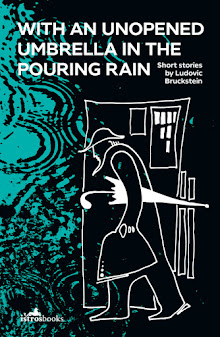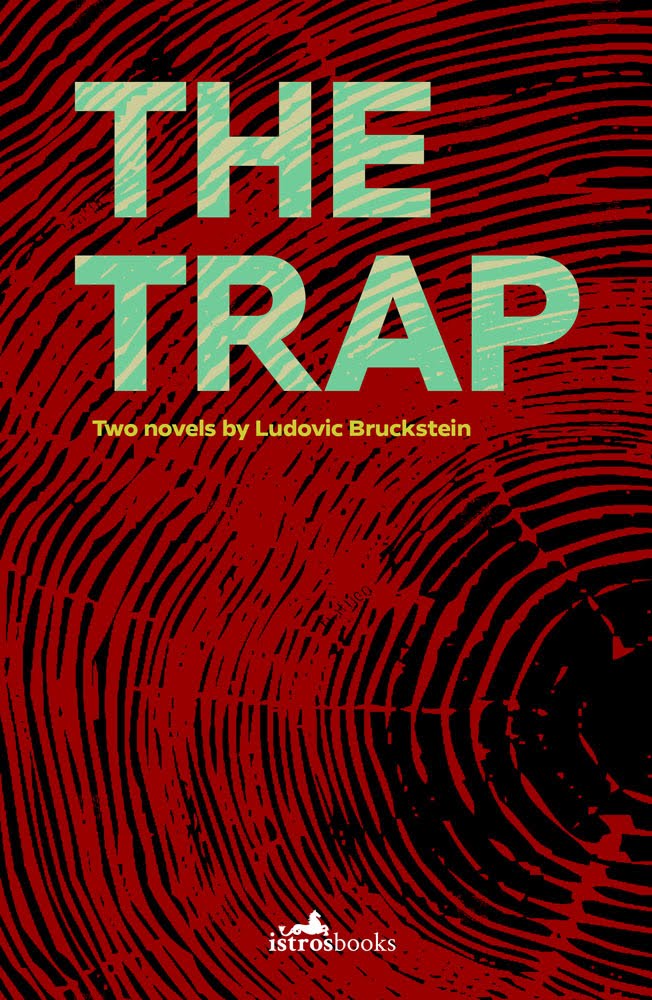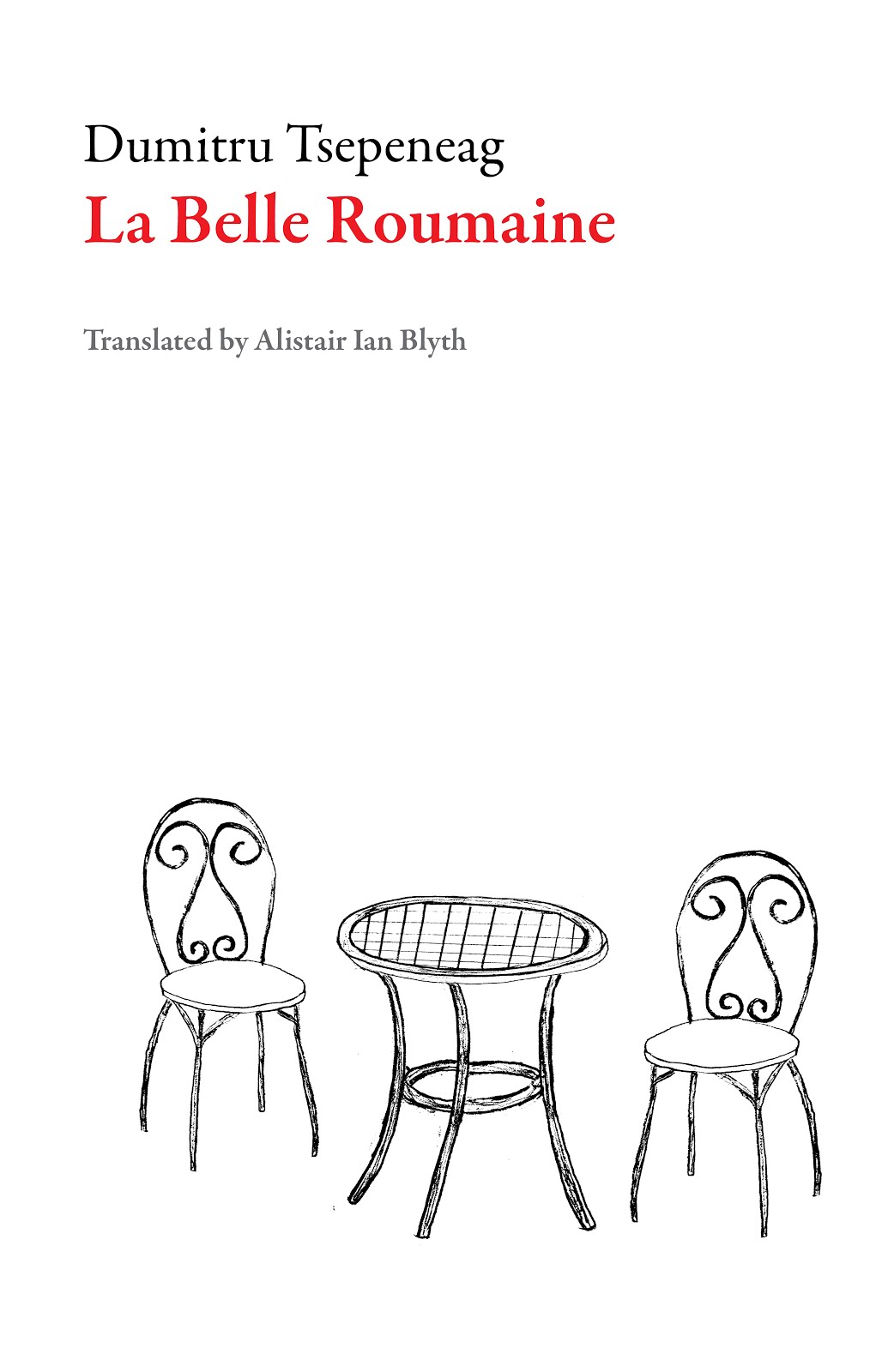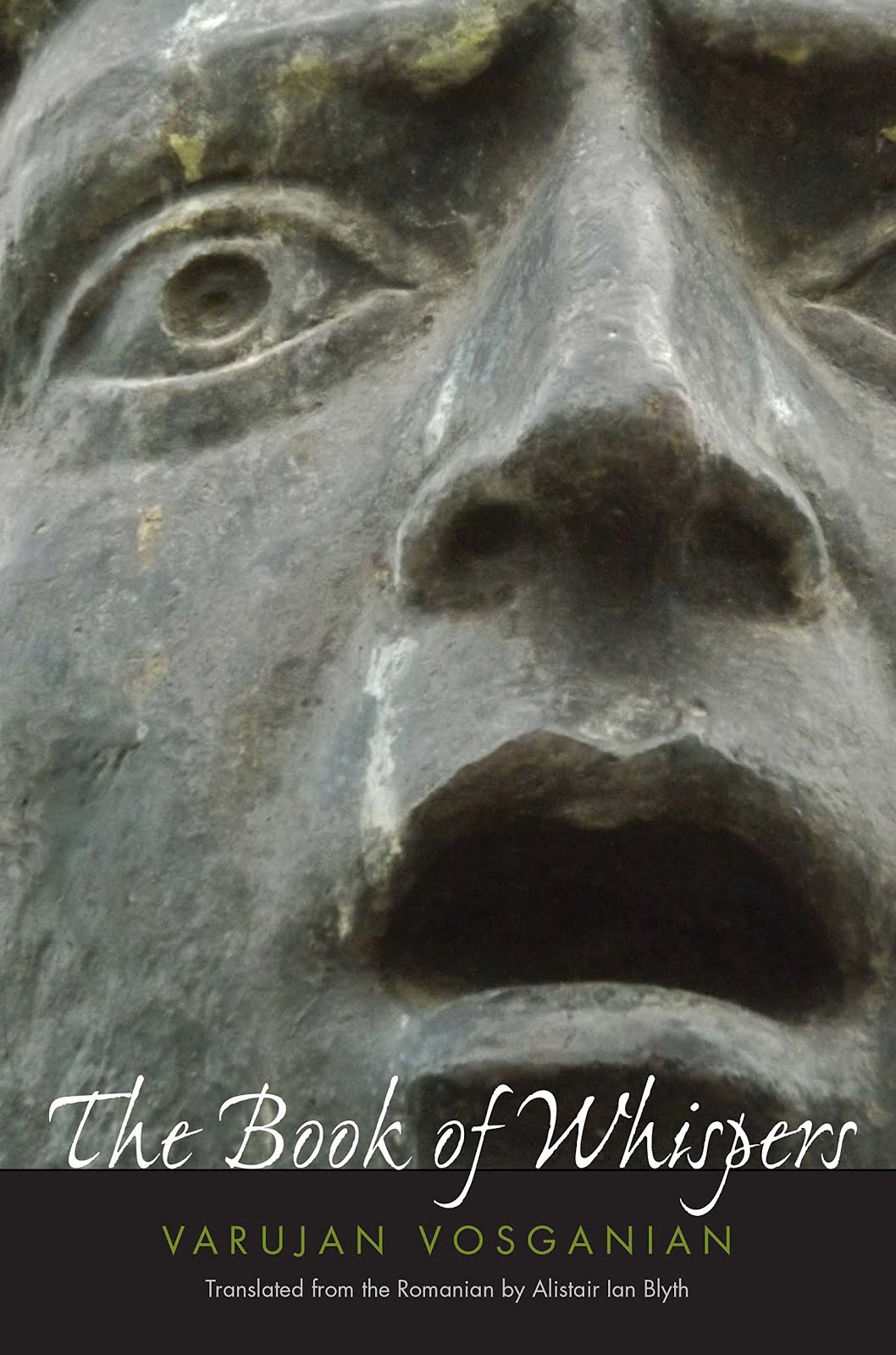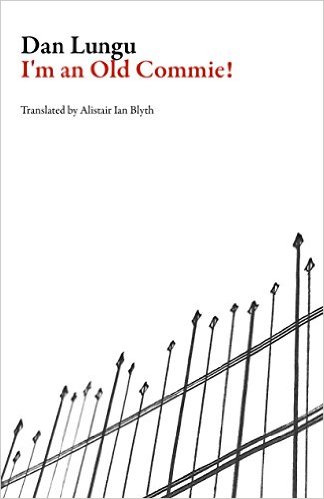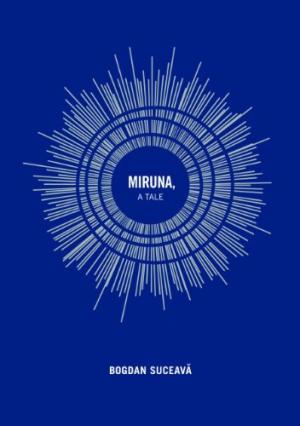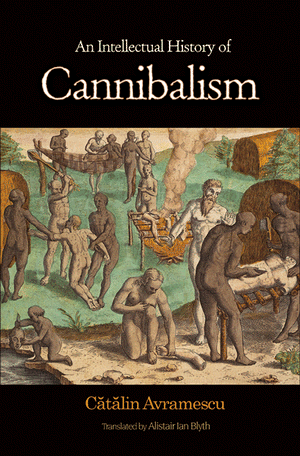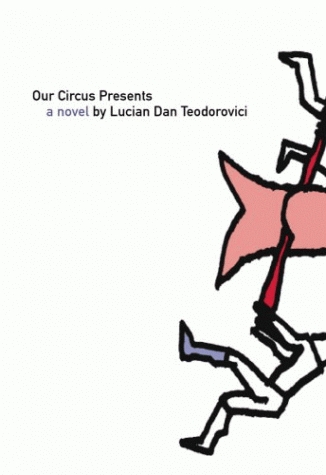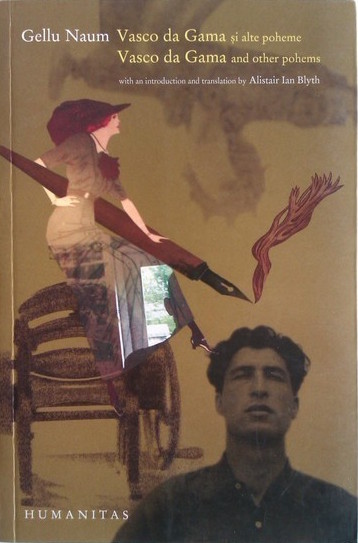
Iulian Ciocan, Înainte să moară Brejnev (Before Brezhnev Died). Polirom: Jassy, 2007. 173 pp.
Before Brezhnev Died by Iulian Ciocan is a dense, multi-layered novel of everyday life in the Soviet Socialist Republic of Moldova, a land at the periphery of both the USSR and the communist Eastern Bloc. It is a novel that is in many ways different to the more subjective “autobiographical fictions” of the communist past which have been published by Romanian writers from the western side of the Prut in recent years.
The novel consists of ten chapters: nine interlocking short stories and a penultimate meta-chapter that explores the book’s methods and technique. In this explanatory chapter, entitled “An Elucidation”, Iulian Ciocan tries to answer the question put to him by an indignant older writer, who is working on a novel of post-Soviet, transition-period Moldova: “Why do you keep raking up the Soviet past? How much longer are you going to be its prisoner?” This reinvented writer of the old guard, who has “liberated himself from the tyranny of the Soviet past”, suspects Ciocan of trying somehow to revive “socialist realism”. However, socialist realism and the reality of socialism are two very different things. The “reality” of the Soviet period, in the sense of everyday life during that time, is still largely unexplored territory. The stories of the Gulag and the Terror are well known, but less has been written about the real life behind the “absurd, grotesque, sometimes comical” ideological façade created by socialist realism as propaganda for both foreign and domestic consumption. Of course, post-Soviet writers such as Victor Erofeev, Vladimir Sorokin and Ludmila Ulitskaya have described everyday Soviet life in their different ways. But Soviet reality was not only a Russian reality. The USSR was by no means the monolithic entity it is sometimes imagined to be. As Iulian Ciocan points out, “there was not a single Soviet everyday, one that was the same for a Russian, a Moldovan and a Tungus, for the centre and the periphery.” Moreover, the reality of Soviet Moldova itself, “the Latin periphery of the Empire,” was by no means homogenous; that reality was more complex than the perspective to be found in a Ludmila Ulitskaya novel, for instance, where Moldovans are merely men with “droopy moustaches” who dump mounds of rubbish on the coast of the Black Sea.
The characters in the novel, whose lives can be seen to intersect in dramatic and unexpected ways in each chapter, range from Grișa Furdui, a lowly collective farm worker, to Pavel Fiodorovici Kavrig, a highly placed Party apparatchik. In between there are factory workers, war veterans, pensioners, schoolteachers, hooligans, and the seemingly model communist pioneer Iulian, a semi-autobiographical portrait of the author. Ciocan consciously rejects subjectivity as a narrative technique, however, preferring to make use of multiple perspectives, which allow the same event to be simultaneously comic and tragic, absurd and amusing, depending on the viewpoint of the particular character. Reality shifts according to the perspective of the protagonist of each individual chapter. For example, in one chapter we are introduced to Ion Pîslari, a factory worker who lives with his wife and child in the grotesque squalor of a cramped communal apartment block. In the next chapter, these soul-destroying conditions seem like a veritable paradise on earth to Pîslari’s cousin, Grișa Furdui, who is visiting Kishinev from the country, where he leads an even more dehumanising life of grinding toil on a state collective farm. His “nostrils anaesthetised by rural dung,” Grișa avidly inhales the “comforting reek of boiled onion/borsht/urine/bleach” that pervades the building of his more fortunate city cousin. Even the filthy communal toilets, with the sounds of someone straining in the next cubicle, are “a revelation” after his native village and the “rudimentary back-yard pit where you freeze your arse off in winter”. To cynical city folk, Grișa Furdui is the incarnation of “bucolic ignorance”, a “messenger of rural eternity.” On the other hand, the culture shock of seeing the city for the first time convinces Grișa that the utopia of communist propaganda really does exist. It also makes him realise that his fellow peasants, or rather collective farm workers, are “sleepwalkers”, reduced to a mindless, vegetative existence by never-ending toil and abject poverty. Again, this bleak picture of rural life contrasts with the official socialist reality, which is presented in the following chapter in the form of inserts within the narrative, culled from the voiceover to an idyllic episode of Po zayavkam rabotnikov zhitonovodstva (At the Requests of the Animal Husbandry Workers) about Stakhanovite cow-milker Frasîna Paierele.
Throughout the novel, there are other similar inserts, drawn from Soviet-era propaganda and providing striking, even disorienting contrasts with the squalid reality of the characters’ everyday lives. The effect of these diametrically opposed discourses and shifting perspectives is one of defamiliarisation or estrangement—the ostranenie theorised by Victor Shklovsky. Indeed, as a fictional approach to the Soviet period, Ciocan recommends Shklovsky’s method in the chapter “An Elucidation”, rather than falling prey to maudlin self-pity about the hardships and horrors of the past. Ultimately, it is better to bring out the comical, bizarre or absurd side of events, because in any case the glut of human tragedies on the nightly television news bulletin has wholly numbed us to horrors.
The grotesquely absurd, random violence of some events in the novel is reminiscent of Daniil Kharms’ sluchai or “accidents”. For example, pensioner Dochia Barbalat is crushed by a falling crane as she returns home from the market with laden bags. Her husband, Nicolae Barbalat, encounters utter indifference, mockery and even aggression on the part of the authorities when he tries to seek justice. In another chapter, widower and war veteran Polikarp Feofanovici is hit on the head by a rotten tomato, thrown from the roof by a communist pioneer, quite possibly the young Iulian himself. The event provokes an existential crisis, forcing him to confront, in disbelief, the degeneration of Soviet society and morals, the ineluctable failure, lies, poverty and decay of the system itself. This decay was embodied in the person and crepuscular rule of Leonid Brezhnev. For Iulian, the death of Brezhnev—itself played out amid the initial denials of a system for which lying was a reflex, and then amid the grotesque, tragicomic rituals of insincere mourning—finally shatters the illusion of Soviet invulnerability and perpetuity.
Before Brezhnev Died is unsettling and hilarious by turns. It is a novel that provides a unique and unfamiliar—for readers outside the Republic of Moldova, and even for readers in Romania, with their own different experiences of everyday life under communism—perspective on the former Soviet Union.
Before Brezhnev Died by Iulian Ciocan is a dense, multi-layered novel of everyday life in the Soviet Socialist Republic of Moldova, a land at the periphery of both the USSR and the communist Eastern Bloc. It is a novel that is in many ways different to the more subjective “autobiographical fictions” of the communist past which have been published by Romanian writers from the western side of the Prut in recent years.
The novel consists of ten chapters: nine interlocking short stories and a penultimate meta-chapter that explores the book’s methods and technique. In this explanatory chapter, entitled “An Elucidation”, Iulian Ciocan tries to answer the question put to him by an indignant older writer, who is working on a novel of post-Soviet, transition-period Moldova: “Why do you keep raking up the Soviet past? How much longer are you going to be its prisoner?” This reinvented writer of the old guard, who has “liberated himself from the tyranny of the Soviet past”, suspects Ciocan of trying somehow to revive “socialist realism”. However, socialist realism and the reality of socialism are two very different things. The “reality” of the Soviet period, in the sense of everyday life during that time, is still largely unexplored territory. The stories of the Gulag and the Terror are well known, but less has been written about the real life behind the “absurd, grotesque, sometimes comical” ideological façade created by socialist realism as propaganda for both foreign and domestic consumption. Of course, post-Soviet writers such as Victor Erofeev, Vladimir Sorokin and Ludmila Ulitskaya have described everyday Soviet life in their different ways. But Soviet reality was not only a Russian reality. The USSR was by no means the monolithic entity it is sometimes imagined to be. As Iulian Ciocan points out, “there was not a single Soviet everyday, one that was the same for a Russian, a Moldovan and a Tungus, for the centre and the periphery.” Moreover, the reality of Soviet Moldova itself, “the Latin periphery of the Empire,” was by no means homogenous; that reality was more complex than the perspective to be found in a Ludmila Ulitskaya novel, for instance, where Moldovans are merely men with “droopy moustaches” who dump mounds of rubbish on the coast of the Black Sea.
The characters in the novel, whose lives can be seen to intersect in dramatic and unexpected ways in each chapter, range from Grișa Furdui, a lowly collective farm worker, to Pavel Fiodorovici Kavrig, a highly placed Party apparatchik. In between there are factory workers, war veterans, pensioners, schoolteachers, hooligans, and the seemingly model communist pioneer Iulian, a semi-autobiographical portrait of the author. Ciocan consciously rejects subjectivity as a narrative technique, however, preferring to make use of multiple perspectives, which allow the same event to be simultaneously comic and tragic, absurd and amusing, depending on the viewpoint of the particular character. Reality shifts according to the perspective of the protagonist of each individual chapter. For example, in one chapter we are introduced to Ion Pîslari, a factory worker who lives with his wife and child in the grotesque squalor of a cramped communal apartment block. In the next chapter, these soul-destroying conditions seem like a veritable paradise on earth to Pîslari’s cousin, Grișa Furdui, who is visiting Kishinev from the country, where he leads an even more dehumanising life of grinding toil on a state collective farm. His “nostrils anaesthetised by rural dung,” Grișa avidly inhales the “comforting reek of boiled onion/borsht/urine/bleach” that pervades the building of his more fortunate city cousin. Even the filthy communal toilets, with the sounds of someone straining in the next cubicle, are “a revelation” after his native village and the “rudimentary back-yard pit where you freeze your arse off in winter”. To cynical city folk, Grișa Furdui is the incarnation of “bucolic ignorance”, a “messenger of rural eternity.” On the other hand, the culture shock of seeing the city for the first time convinces Grișa that the utopia of communist propaganda really does exist. It also makes him realise that his fellow peasants, or rather collective farm workers, are “sleepwalkers”, reduced to a mindless, vegetative existence by never-ending toil and abject poverty. Again, this bleak picture of rural life contrasts with the official socialist reality, which is presented in the following chapter in the form of inserts within the narrative, culled from the voiceover to an idyllic episode of Po zayavkam rabotnikov zhitonovodstva (At the Requests of the Animal Husbandry Workers) about Stakhanovite cow-milker Frasîna Paierele.
Throughout the novel, there are other similar inserts, drawn from Soviet-era propaganda and providing striking, even disorienting contrasts with the squalid reality of the characters’ everyday lives. The effect of these diametrically opposed discourses and shifting perspectives is one of defamiliarisation or estrangement—the ostranenie theorised by Victor Shklovsky. Indeed, as a fictional approach to the Soviet period, Ciocan recommends Shklovsky’s method in the chapter “An Elucidation”, rather than falling prey to maudlin self-pity about the hardships and horrors of the past. Ultimately, it is better to bring out the comical, bizarre or absurd side of events, because in any case the glut of human tragedies on the nightly television news bulletin has wholly numbed us to horrors.
The grotesquely absurd, random violence of some events in the novel is reminiscent of Daniil Kharms’ sluchai or “accidents”. For example, pensioner Dochia Barbalat is crushed by a falling crane as she returns home from the market with laden bags. Her husband, Nicolae Barbalat, encounters utter indifference, mockery and even aggression on the part of the authorities when he tries to seek justice. In another chapter, widower and war veteran Polikarp Feofanovici is hit on the head by a rotten tomato, thrown from the roof by a communist pioneer, quite possibly the young Iulian himself. The event provokes an existential crisis, forcing him to confront, in disbelief, the degeneration of Soviet society and morals, the ineluctable failure, lies, poverty and decay of the system itself. This decay was embodied in the person and crepuscular rule of Leonid Brezhnev. For Iulian, the death of Brezhnev—itself played out amid the initial denials of a system for which lying was a reflex, and then amid the grotesque, tragicomic rituals of insincere mourning—finally shatters the illusion of Soviet invulnerability and perpetuity.
Before Brezhnev Died is unsettling and hilarious by turns. It is a novel that provides a unique and unfamiliar—for readers outside the Republic of Moldova, and even for readers in Romania, with their own different experiences of everyday life under communism—perspective on the former Soviet Union.
Alistair Ian Blyth



